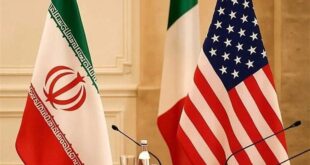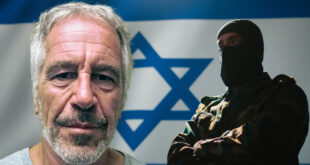24 April 2014 – An independent United Nations human rights expert today urged the Government of Bahrain to stop the harassment and persecution of a Shi’a Muslim leader who was reportedly forced to leave the country following threats from State security agents to arrest him and his son.
Heiner Bielefeldt, the UN Special Rapporteur on freedom of religion or belief, said he received reliable information that Hussain Mirza Abdelbaqi Najati was forced to leave for Lebanon on 23 April after being exposed to “enormous pressure and harassment” by Bahrain authorities.
“Targeting the most senior and influential Shi’a religious figure in Bahrain may amount to intimidating and thus discriminating against the entire Shi’a Muslim community in the country because of its religious beliefs,” the expert stated in a news release.
From a statement issued yesterday on the website of Bahrain’s Ministry of Interior, it appears, the news release said, that the decision revoking Mr. Najati’s Bahraini citizenship and the orders to expel him from the country may have been made due to his position as a senior and influential religious authority among Shi’a believers, who make up the majority of the country’s population.
“I have expressed to the Government of Bahrain my grave concerns at what appears to be an act of religiously motivated discrimination, which would seem to impose unjustified restrictions on Mr. Najati’s fundamental human rights, including his right to practice and profess peacefully his religious beliefs,” Mr. Bielefeldt stressed, warning that the case may have far-reaching implications for the Shi’a Muslim community in the country.
Mr. Najati is one of 31 individuals whose Bahraini citizenship was revoked by the Ministry in November 2012, a decision that rendered him stateless. The Special Rapporteur urged the Government to reverse its decision, which he said appears to be arbitrary, and to facilitate Mr. Najati’s return from Lebanon.
“International law, in particular the Universal Declaration of Human Rights, prohibits arbitrary deprivation of nationality, including on religious grounds,” he noted. “Discrimination on the grounds of religion or belief constitutes a violation of human rights and fundamental freedoms.”
“I understand that Mr. Najati has consistently refrained from engaging into politics, and has maintained his position and activities strictly in the realm of his religion,” Mr. Bielefeldt stated.
“He is not known to have advocated violence or its use, or to have committed acts that would undermine national security or public order, nor has he been charged or sentenced for committing such acts.”
Independent experts or special rapporteurs are appointed by the Geneva-based UN Human Rights Council to examine and report back on a country situation or a specific human rights theme. The positions are honorary and the experts are not UN staff, nor are they paid for their work.
Source: United Nations
 WILAYAH NEWS VOICE OF THE GLOBAL AWAKENING
WILAYAH NEWS VOICE OF THE GLOBAL AWAKENING






